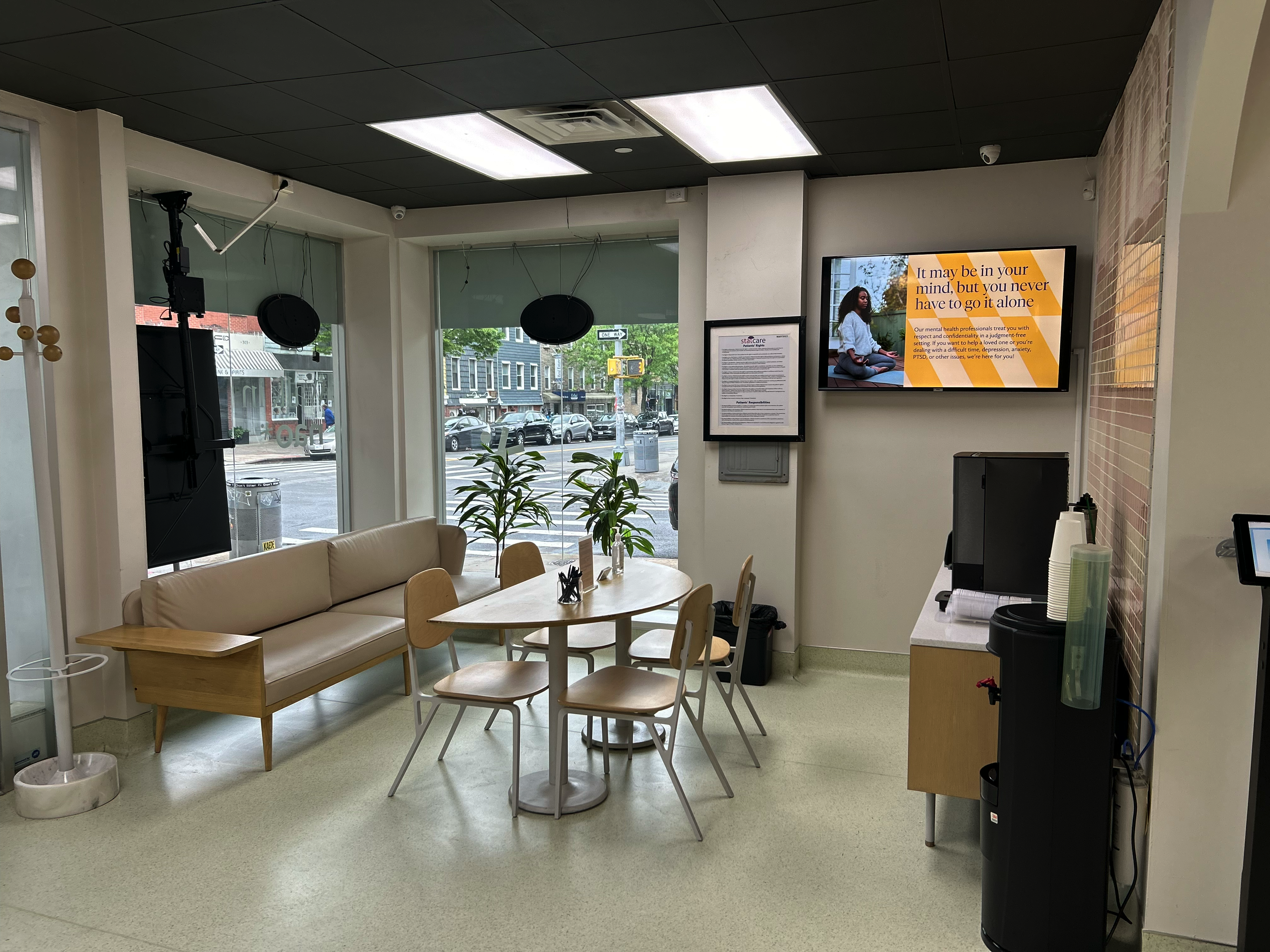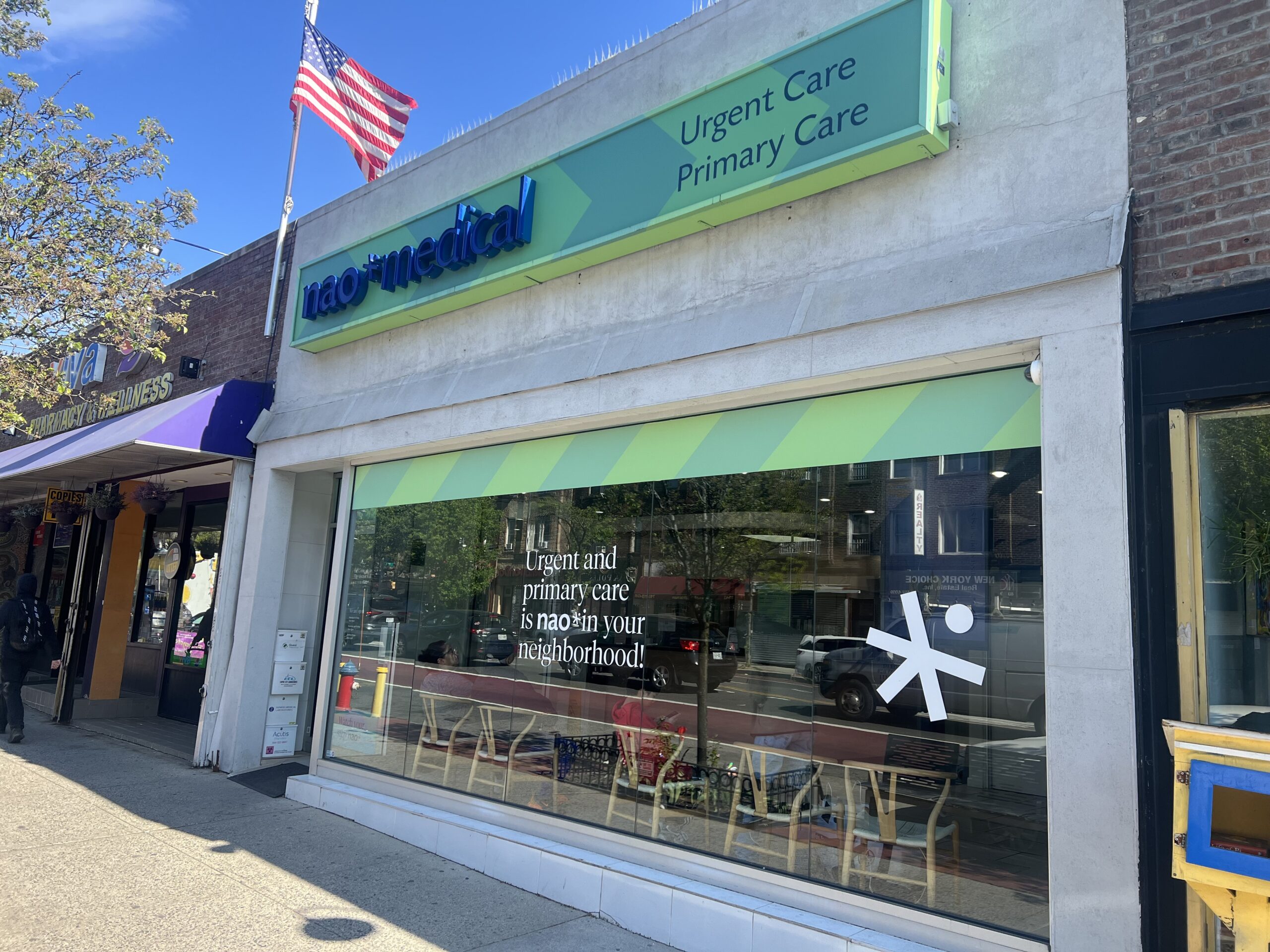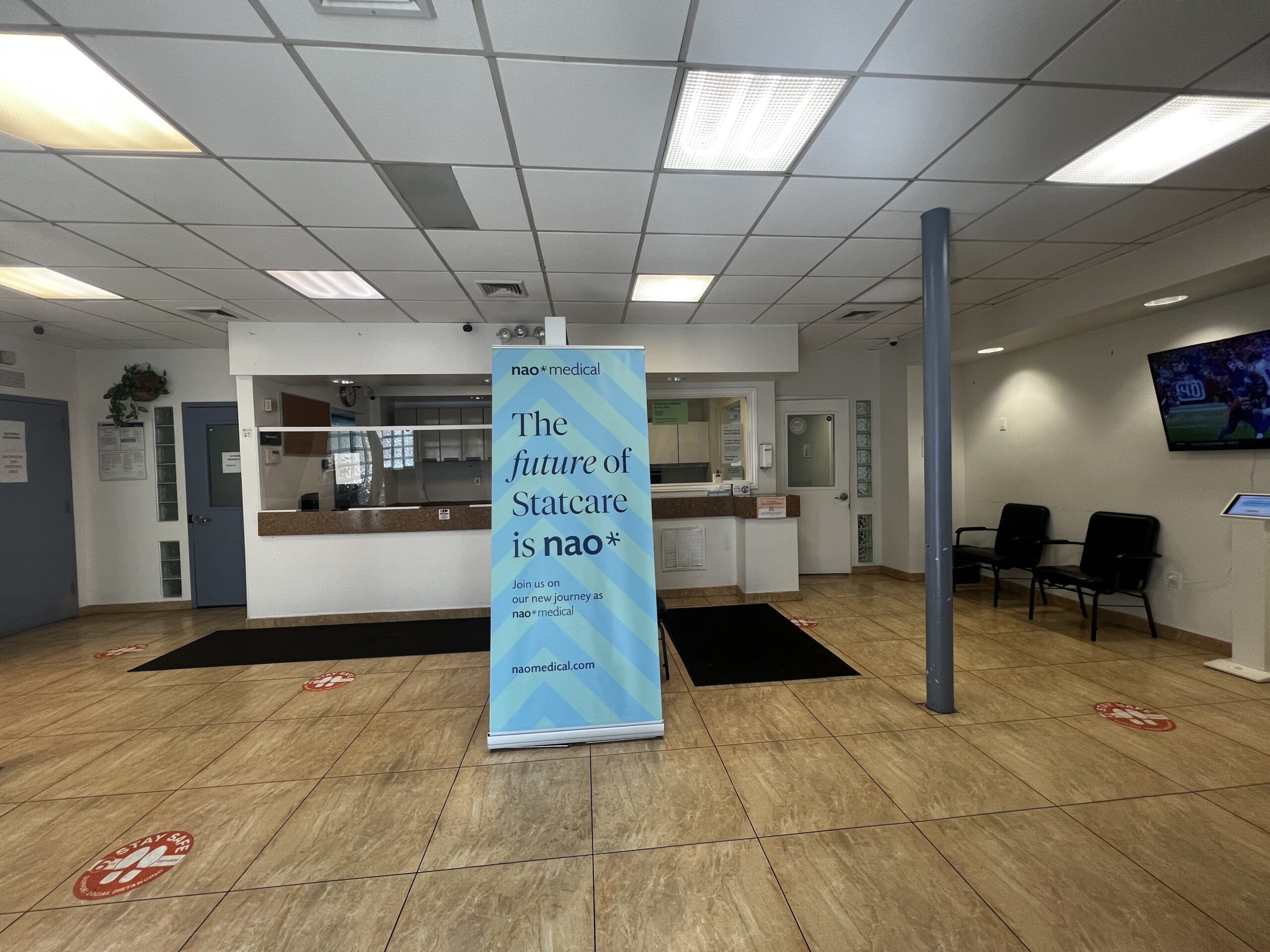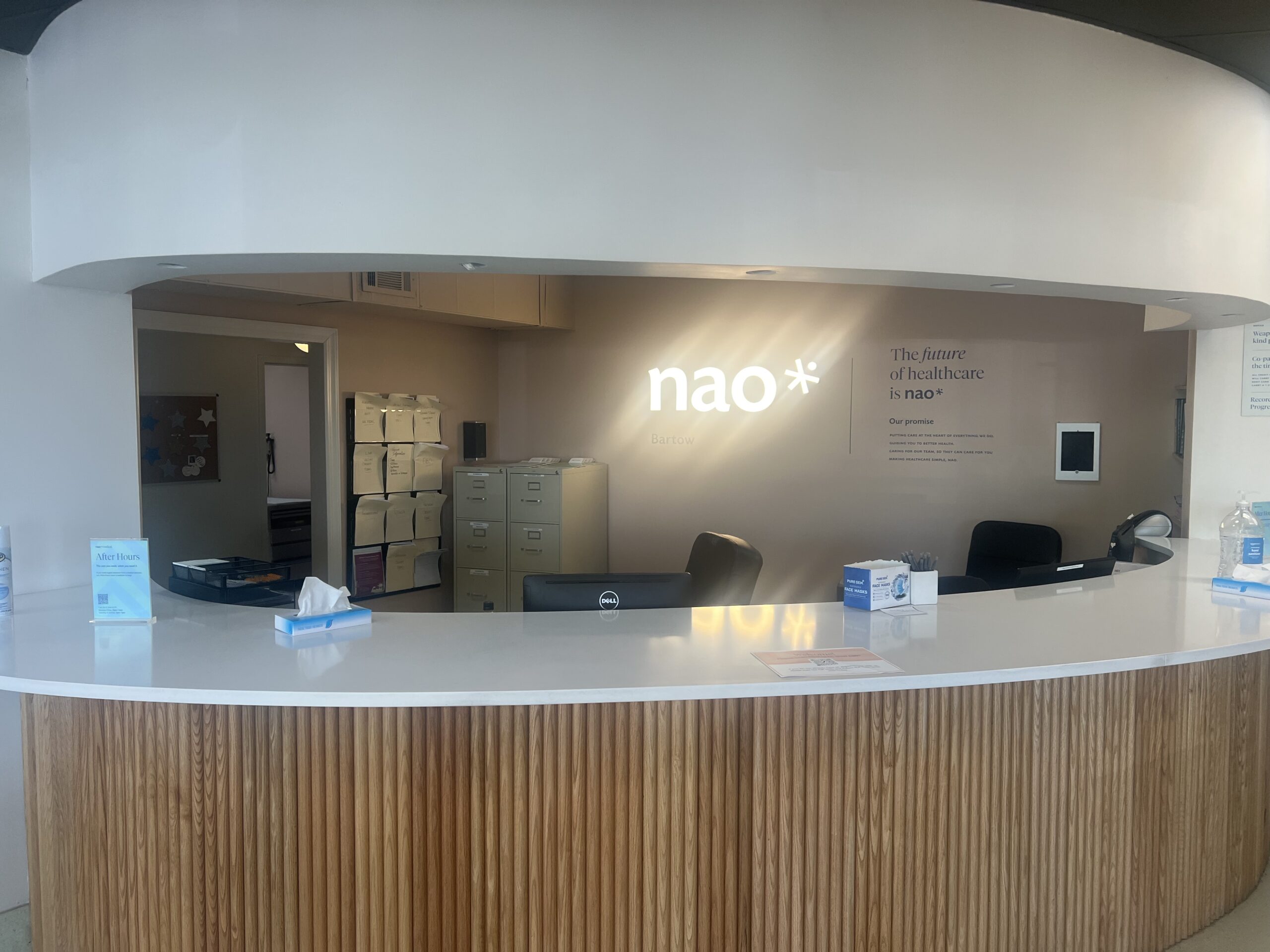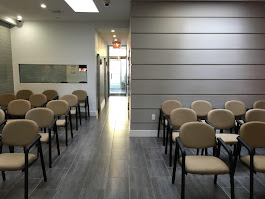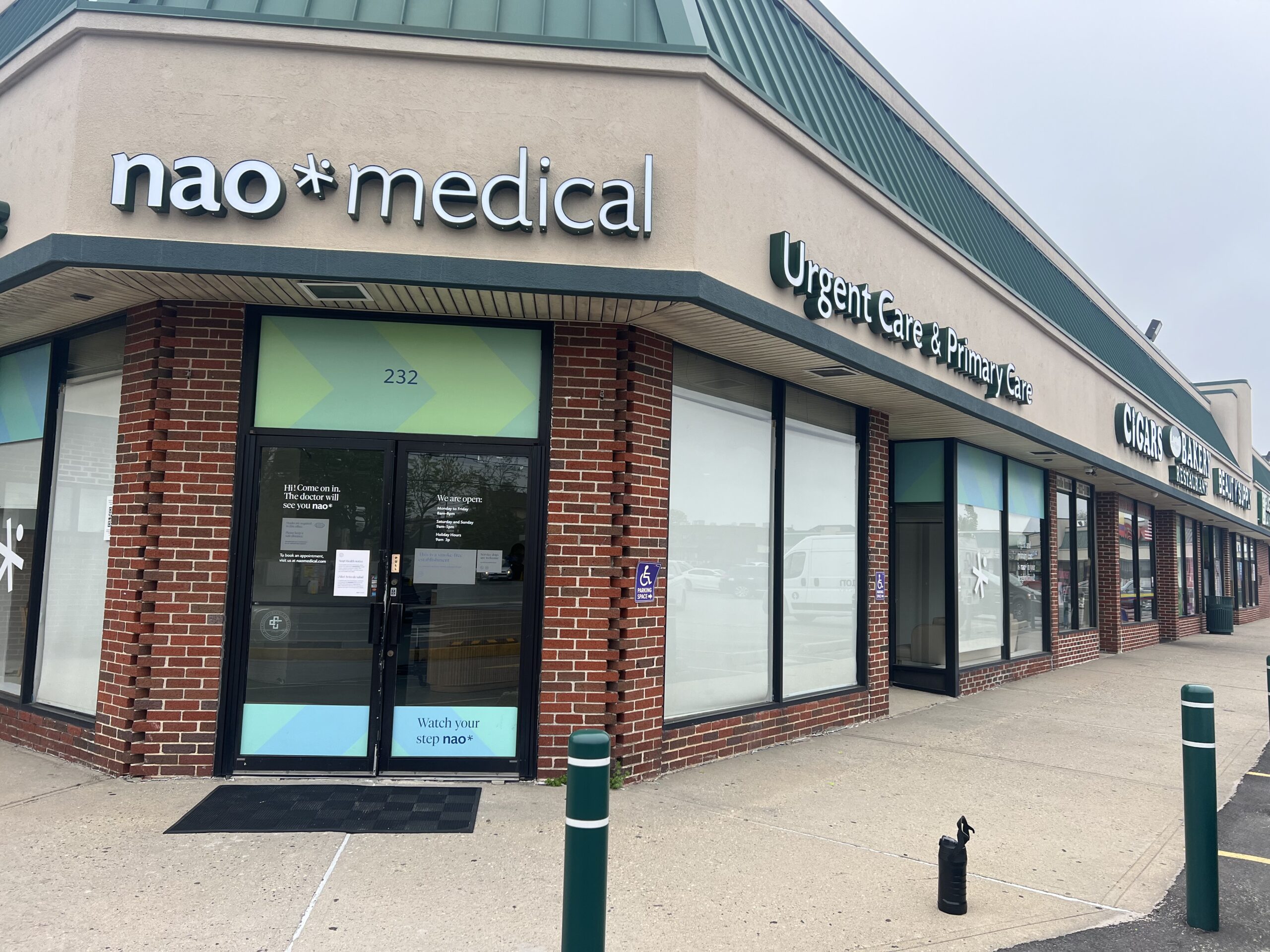Chlamydia is one of the most common sexually transmitted infections (STIs) in the United States. According to the Centers for Disease Control and Prevention (CDC), there were 1.8 million cases of chlamydia reported in 2019 alone. Chlamydia is caused by the bacterium Chlamydia trachomatis, and it can be easily transmitted through unprotected sexual contact.
While chlamydia is often asymptomatic, meaning it doesn’t always show symptoms, it’s important to recognize the signs and get tested for chlamydia if you think you may have been exposed. Here are 7 signs of chlamydia in women you should know:
1. Unusual vaginal discharge
One of the most common signs of chlamydia in women is a change in vaginal discharge. You may notice a yellow or green discharge with a foul odor, or you may have increased vaginal discharge that is different from your usual amount or consistency.
2. Pain or discomfort during sex
Chlamydia can cause pain or discomfort during sex, which may be accompanied by bleeding. This is because chlamydia can cause inflammation in the cervix and vagina.
3. Painful urination
Chlamydia can also cause pain or burning during urination. This is because the infection can spread to the urethra, causing inflammation and discomfort.
4. Lower abdominal pain
In some cases, chlamydia can cause lower abdominal pain, which may be mild or severe. This pain may be accompanied by fever, nausea, or vomiting.
5. Bleeding between periods
Chlamydia can cause bleeding between periods, which is also known as intermenstrual bleeding. This is because the infection can cause inflammation in the cervix, leading to spotting or bleeding.
6. Rectal pain or discharge
If you engage in anal sex, chlamydia can also infect the rectum, causing pain, discharge, or bleeding.
7. Swollen or tender lymph nodes
In rare cases, chlamydia can cause swollen or tender lymph nodes in the groin area. This is a sign that the infection has spread and become more severe.
If you experience any of these signs of chlamydia, it’s important to get tested and treated as soon as possible. At Nao Medical, we offer comprehensive STD testing services, including chlamydia testing, at our modern and tech-focused clinics in NYC. Our caring staff is committed to providing affordable and high-quality care for all, including those in lower-income areas, through our preventive care and telemedicine offerings.
Getting tested for chlamydia is a simple and quick process. At Nao Medical, we offer same-day and walk-in appointments, as well as telemedicine options for your convenience. Our healthcare providers will conduct a thorough physical exam and may take a swab of your cervix or urethra to test for chlamydia. Results are typically available within a few days, and if you do test positive, our providers will work with you to create a personalized treatment plan.
Remember, the best way to protect yourself from chlamydia and other STIs is to practice safe sex. This includes using condoms consistently and correctly, getting regular STD testing, and limiting your number of sexual partners.
Frequently Asked Questions (FAQs)
Q: Can chlamydia be cured?
A: Yes, chlamydia can be cured with antibiotics. It’s important to finish the entire course of antibiotics prescribed by your healthcare provider to ensure that the infection is completely cleared.
Q: How is chlamydia treated?
A: Chlamydia is typically treated with antibiotics, such as azithromycin or doxycycline. Your healthcare provider will prescribe the appropriate medication and dosage based on your individual needs.
Q: Can I get chlamydia from oral sex?
A: Yes, it’s possible to get chlamydia from oral sex. Chlamydia can infect the throat, as well as the genitals and rectum.
Q: Can I have chlamydia without any symptoms?
A: Yes, chlamydia is often asymptomatic, meaning it doesn’t always show symptoms. That’s why it’s important to get tested regularly if you’re sexually active, even if you don’t have any symptoms.
Q: Will chlamydia go away on its own?
A: No, chlamydia will not go away on its own. If left untreated, chlamydia can cause serious health problems, such as pelvic inflammatory disease (PID) and infertility.
Q: How can I prevent chlamydia?
A: The best way to prevent chlamydia is to practice safe sex. This includes using condoms consistently and correctly, getting regular STD testing, and limiting your number of sexual partners.
At Nao Medical, we are committed to providing affordable and high-quality healthcare to our patients in NYC. If you suspect that you may have chlamydia or any other sexually transmitted infection, don’t wait – schedule an appointment with us today to get tested and treated.
Book an appointment with us today!
 (917) 310-3371
(917) 310-3371
